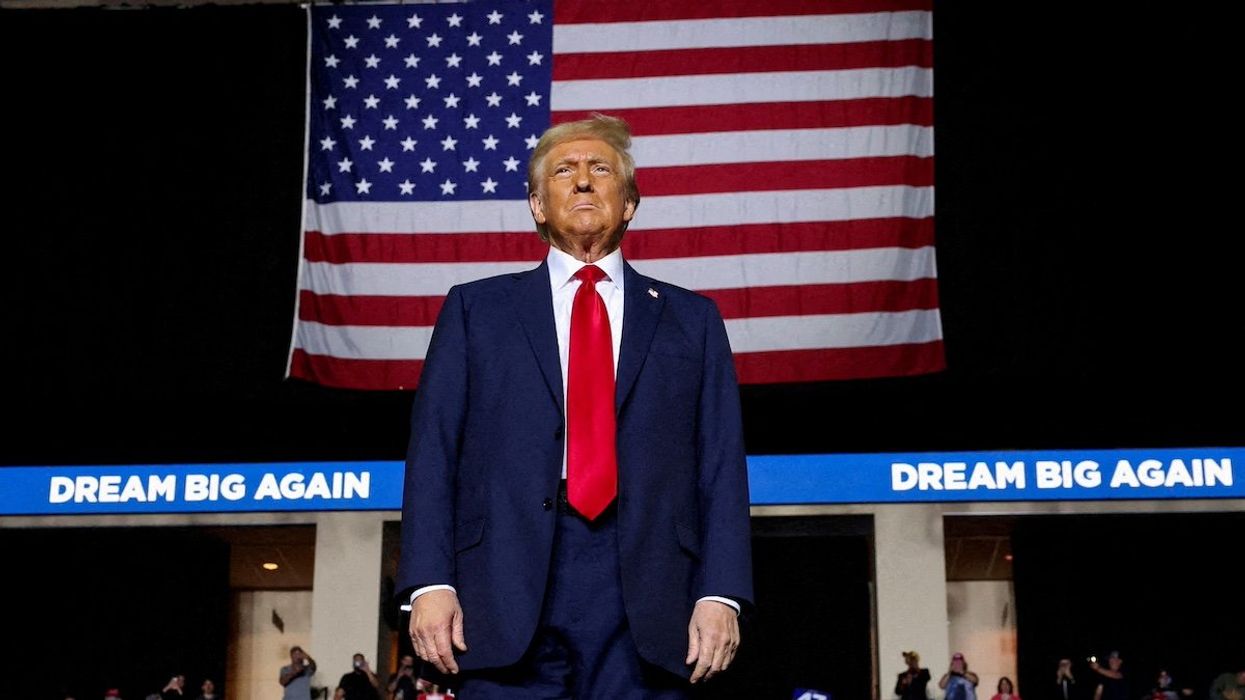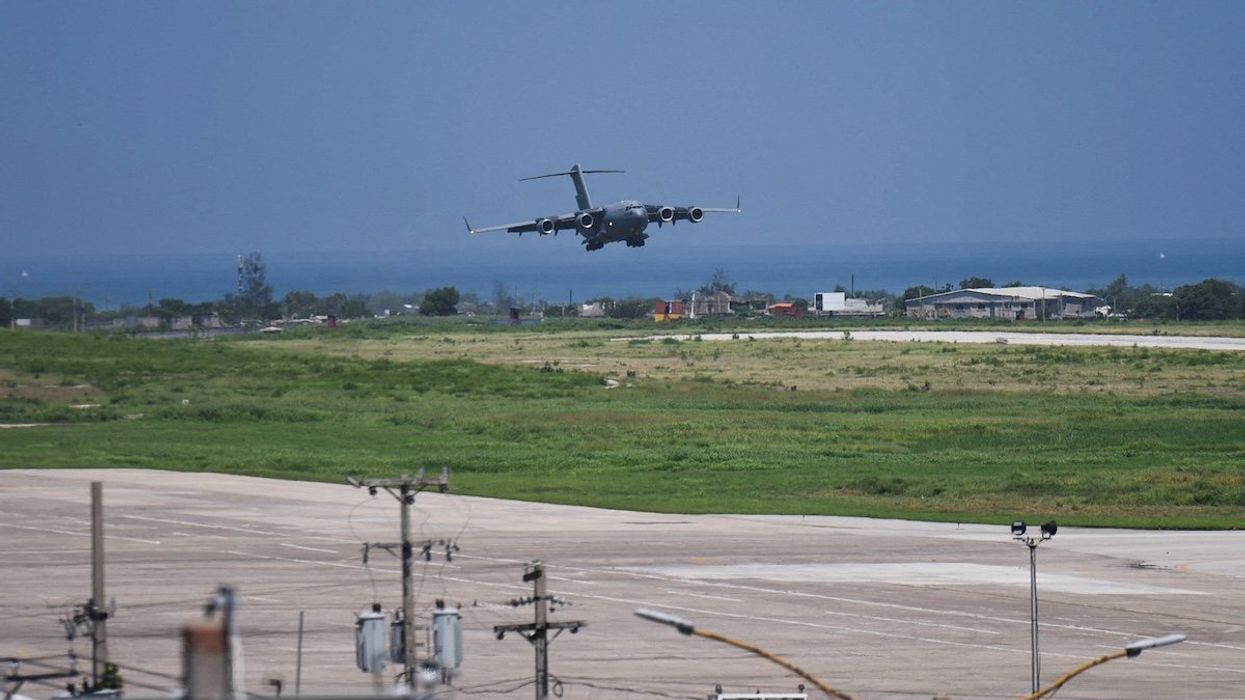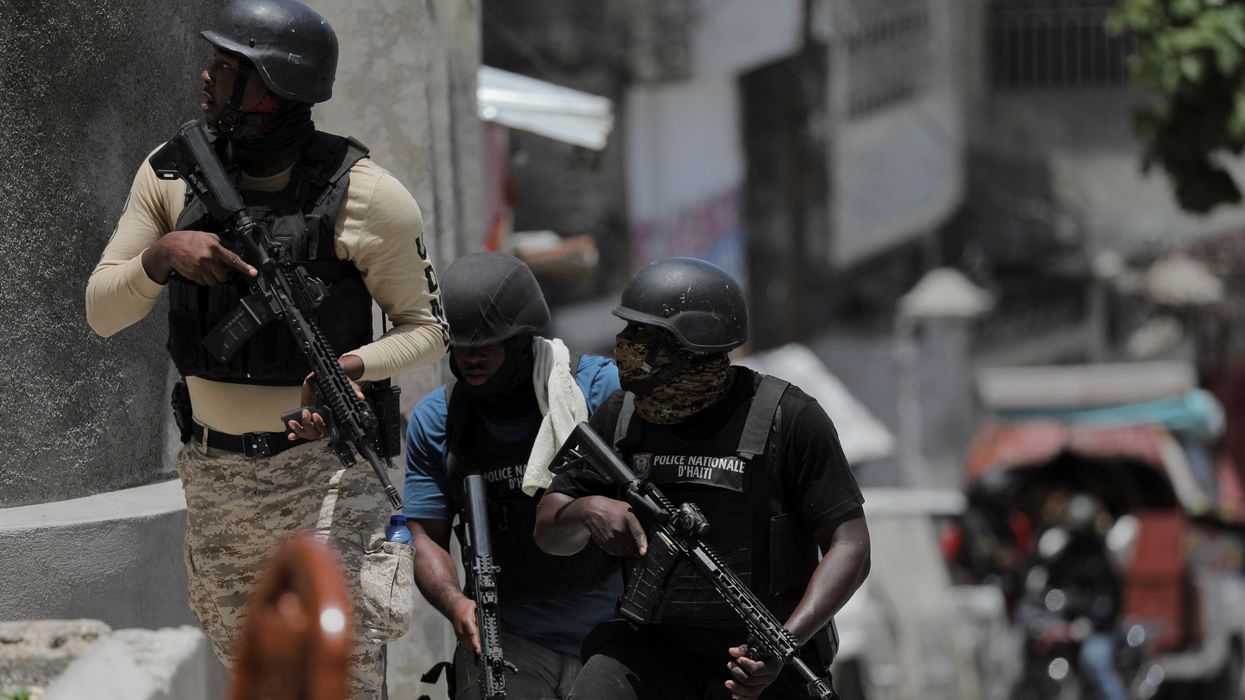What We're Watching
Trump threatens military intervention in the Middle East over Israeli hostages
On Monday, President-elect Donald Trump posted on social media that “if the [Israeli] hostages are not released prior to January 20, 2025, the date that I proudly assume Office as President of the United States, there will be ALL HELL TO PAY in the Middle East.”
Dec 03, 2024



